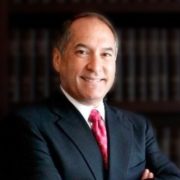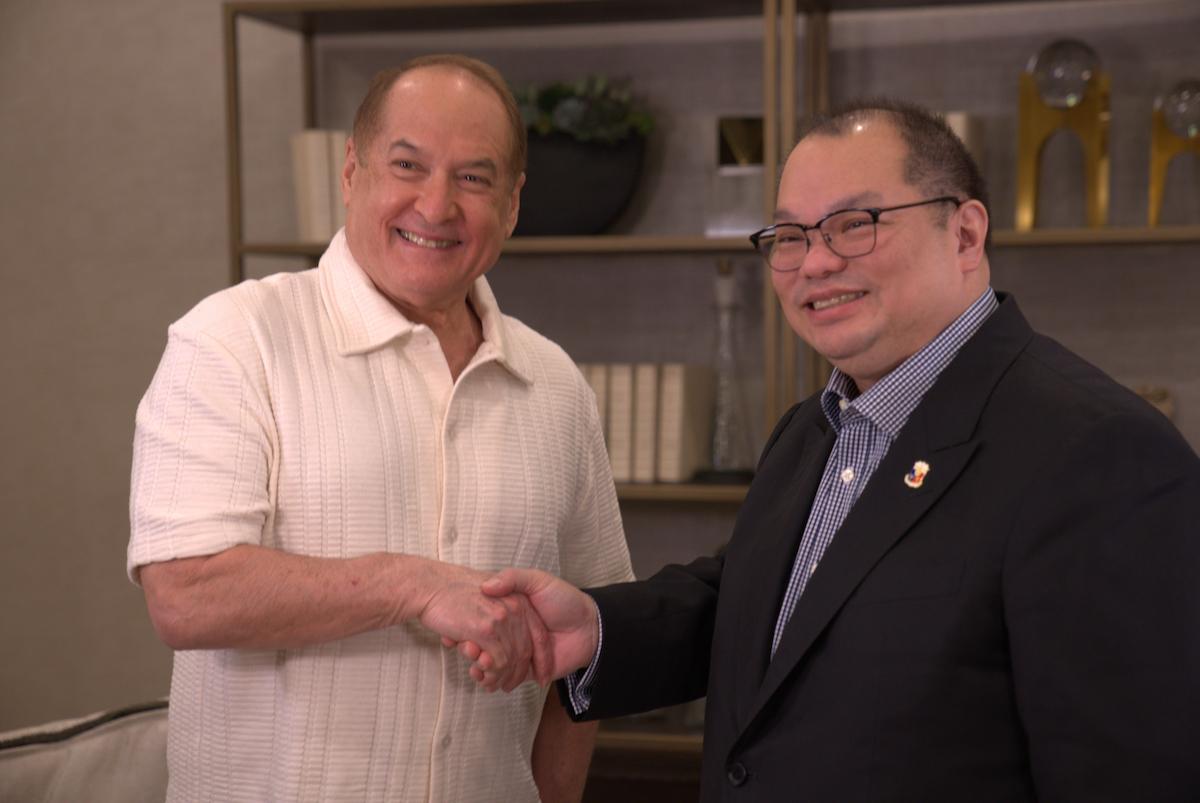THE Child Status Protection Act (CSPA) is complex, confusing, and can be extremely frustrating. During my 40 years of practicing law, I always encounter cases where a child may have been petitioned many years before their 21st birthday, but by the time their visa is available (or priority date is current), they have aged out. They are told they are no longer included in a petition, and must be left behind. The family is left wondering, why did my child age out? How come the CSPA doesn’t apply? Is there anything that can be done?
I have good news for some aged-out children – A recent Second Circuit Court of Appeal decision held that if a parent naturalized AFTER their child’s 21st birthday, the child may still possibly be eligible for CSPA benefits, based on the child’s STATUTORY age, instead of their BIOLOGICAL age. Before this case, the child was out of luck if the parent naturalized after the child’s biological 21st birthday.
By way of background, the CSPA provides age out protection for certain children, if they turned 21.
• For children of U.S. citizens, their age is locked in, if the parent filed a petition before the child’s 21st birthday, or naturalized before the child’s 21st birthday.
• For other family and employment-based petitions, there is a mathematical computation to calculate the child’s age, by subtracting the processing time of the petition from the child’s age when the priority date becomes current, and the child applies for a visa within one year. Under this scenario, a child could have two different 21st birthdays.– Their “biological” 21st birthday, which is 21 years after the date they were born; or
– Their “statutory” 21st birthday under the CSPA, where the government excludes or subtracts from the child’s age the time United States Citizenship and Immigration Services (USCIS) spent processing the visa petition. For example, an immigrant parent files an F2A petition for their daughter when she is under 21, but the daughter is 22 years old when her F2A visa becomes available (or priority date is current), and it took the USCIS two years to process her petition, her “statutory age” for F2A purposes would be 20 years old (22 years old, minus 2 years processing time), making her still eligible for an F2A visa.
In this recent case, the parent petitioned her minor child in the F2A category (minor child of green card holder), but the parent later naturalized after the child’s biological 21st birthday. Even though the child may have been eligible for a visa under the CSPA mathematical computation, (based on her “statutory” age at the time the parent naturalized), the family was told that because the parent naturalized after the child’s biological 21st birthday, the child no longer qualified under the CSPA.
The Second Circuit Court of Appeals sided with this child, noting that “The legislative history shows a clear desire by Congress to fix the aged-out problem for ALL minor beneficiaries, and there is nothing to suggest that Congress intended to exclude beneficiaries like [this child].” The court concluded, “the CSPA dictates that, in determining whether an F2A beneficiary is a minor, we use a statutory formula rather than pure biological age. To hold otherwise, would put the family in a WORST position because the parent naturalized. The court further noted that “penalizing people for becoming citizens run counter to the entire family-based visa scheme.” In this case, because the child was still statutorily under 21 years of age on the date her parent naturalized, she was eligible for a visa as an immediate relative.
If this situation applies to you, you should consult with an attorney, who can evaluate your case, do the mathematical computations under the CSPA, and determine eligibility. If your child has ever been refused a visa for aging out, you may also want to consult with an attorney. I had many situations of a CSPA denial and was able to convince the U.S. Embassy or USCIS the child was eligible. But no guarantee.
Also, if a parent has already filed an F2A petition and their child has turned 21 years of age, don’t just rush out and naturalize, assuming your child will still be eligible. There is still a mathematical computation that has to be performed, to make sure the child’s age would still be under 21 on the date of any naturalization.
But this case could help many families where the child had qualified under the CSPA, but the parent had mistakenly naturalized after their child’s biological 21st birthday.
* * *
Michael J. Gurfinkel has been an attorney for over 40 years and is licensed, and an active member of the State Bars of California and New York. All immigration services are provided by, or under the supervision of, an active member of the State Bar of California. Each case is different, and results may depend on the facts of the particular case. The information and opinions contained herein (including testimonials, “Success Stories,” endorsements and re-enactments) are of a general nature, and are not intended to apply to any particular case, and do not constitute a prediction, warranty, guarantee or legal advice regarding the outcome of your legal matter. No attorney-client relationship is, or shall be, established with any reader.
WEBSITE: www.gurfinkel.com
Follow us on Facebook.com/GurfinkelLaw, YouTube: US Immigration TV and Instagram.com/gurfinkellaw
Call Toll free to schedule a consultation for anywhere in the US:
1-866-487-3465
(866) – GURFINKEL
Four offices to serve you:
LOS ANGELES ∙ SAN FRANCISCO ∙ NEW YORK ∙ PHILIPPINES







